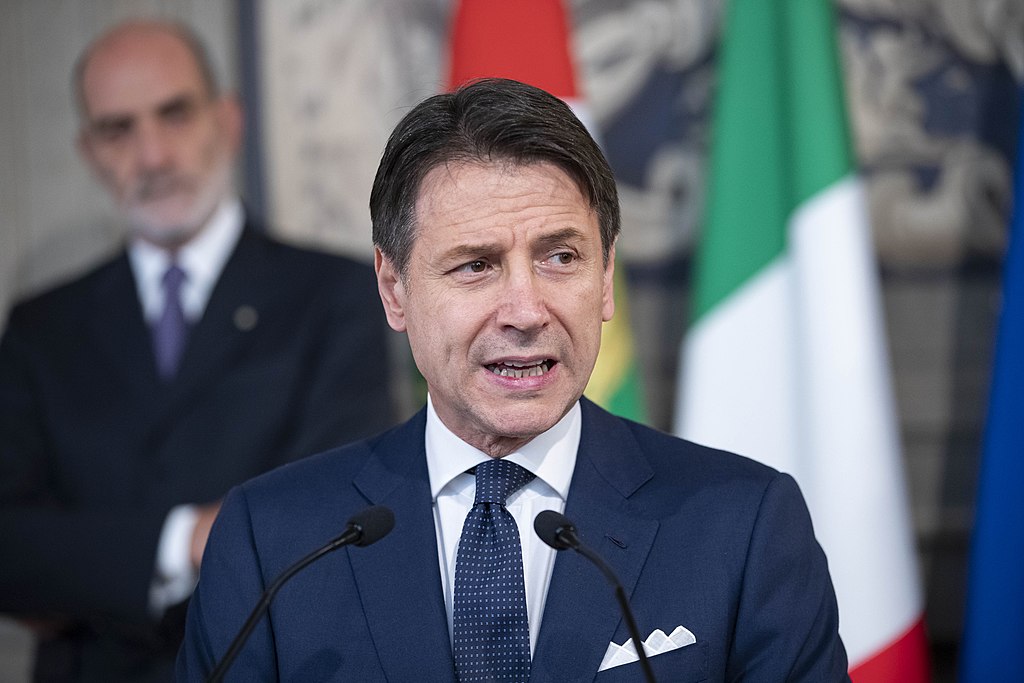Daniele Albertazzi Comments on the Survival of Italy’s Conte Led Government for Politico
Daniele Alberttazi, Populism in Action’s Principal Investigator, provided commentary on the survival of Italian Prime Minister Giuseppe Conte’s government following a confidence vote for web-publication Politico.
He told Rome based news reporter Hannah Roberts, who wrote the website’s news feature that:
“He has played his cards very well. He may not have the genius of the post-war leaders, but he has shown the instincts to hang on. He was right not to resign and to ask for support in parliament.”
You can read the full news feature, which includes in-depth discussion of the background both to the vote, and Conte’s position in Italian politics, here.







